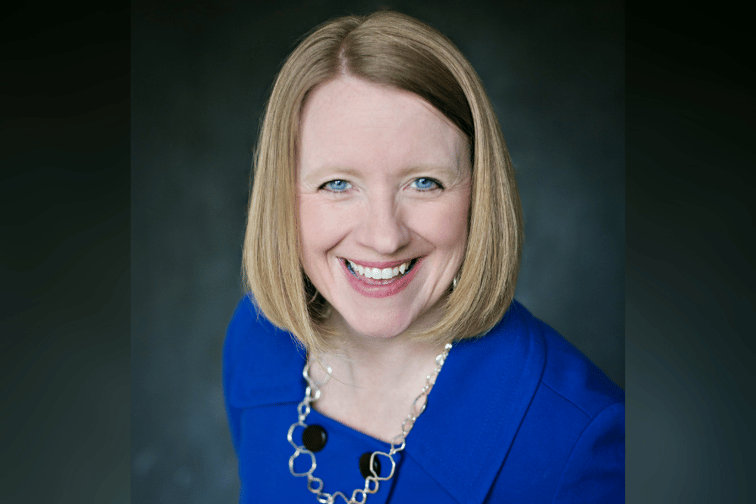

“The more diverse we are as an industry, the stronger we are” – that’s the stance of Monica Ningen (pictured), Swiss Re Canada president and CEO, and recently named co-chair of Swiss Re’s Americas D&I Council, as she steers the reinsurance giant’s Canadian operations on the path toward greater diversity and inclusion (D&I).
“Diversity of gender has arguably been one of the most prominent diversity pushes over the past few years, and we’re making progress - I’m very confident about that,” said Ningen. “But we also still have a lot of work to do. When I think about diversity, we really have to strive for diversity of other factors that we can see, such as race, but also beyond that to factors that we cannot visibly see, such as religion, sexuality, experiences, backgrounds, education.
“Creating an environment which brings to life the diversity of thought and life experiences makes us stronger as individual companies and as an industry. I very strongly believe that.”
For the insurance industry to make progress in fostering and nurturing D&I, everybody has to get involved, from c-suite executives down the career ladder to those in entry roles, Ningen stressed. Everyone needs to take ownership of the issue and proactively address the inequalities that are present in our workplaces.
“We have to understand the concept of unconscious bias and how it shows up in our organizations,” she told Insurance Business. “We have to educate ourselves on the importance of D&I-related issues and challenges, and practice allyship. We have to listen to each other to really work and foster understanding and mutual respect for each other. So, I think there’s a lot that we can each do individually.”
Swiss Re has pledged a strong commitment to D&I. A key aspect of its people strategy is around preventing stereotyping of individuals based on any dimension of diversity. When hiring, for example, the reinsurer strives to have both a diverse applicant slate and a diverse interviewing slate. Only then, according to Ningen, can companies progress in terms of ensuring there’s not unconscious bias built into the hiring process.
The reinsurer has a variety of programs and employee resource groups (ERGs) that are open to all employees and address some of the key themes underpinning D&I in insurance. For example, Swiss Re has an ERG called Mosaic, which is aimed at promoting an inclusive and productive environment for people of colour to enhance their professional and personal development in line with Swiss Re’s business goals. Mosaic also aims to drive a culture of change and inclusion for people of colour across the company and within society as a whole, via activities like workshops, training programs, formal networking and allyship.
Swiss Re also has an Inclusive Culture Mentoring program that pairs senior leadership, who are the mentees, with an Americas colleague mentor who has experience with one or more elements of inclusive culture – gender, LGBTI+, people of colour, generations, and/or mental health. This allows mentees to learn from mentors with different life experiences, gain insights that help them overcome bias, look past stereotypes and grow as leaders. The forward-thinking program was launched in the first quarter of 2020 and has since picked up lots of traction. It’s a safe space for Swiss Re executives to ask some of the hard questions about what our society and individuals have faced over the past year, Ningen explained.
“When you think about the concept of being an ally […] it means you have to take action. And one of those actions that experts speak about quite often is familiarizing yourself with the diverse factor that you’re being an ally for, but also educating yourself, asking those questions and learning more,” Ningen commented. “You have to listen to what it means to sit in seats that are different from your own and understand those experiences. Only when you’ve done that can you be an ally for people sitting in those seats because you understand them better.
“That’s the base of this Inclusive Culture Mentoring program. It’s executives that are standing up and saying they need to and want to learn more, and they’re taking the time to educate themselves about some diverse factors that they recognize they either don’t know enough about and/or that they need to learn more about.”
The path to inclusiveness is a journey, Ningen concluded. It doesn’t happen overnight. She added: “Diversity and inclusion is good for our clients, good for the industry, good for our team members, and it’s an important investment in the future. It’s up to all of us, partners and allies, to come together to listen and put in the work needed to build a better future.”
